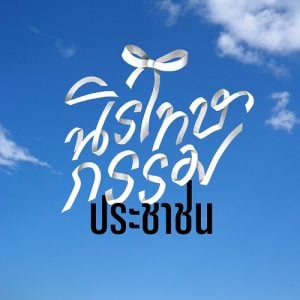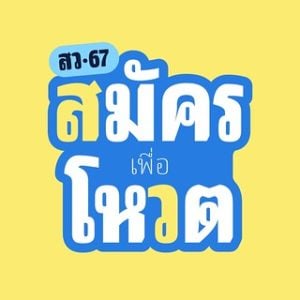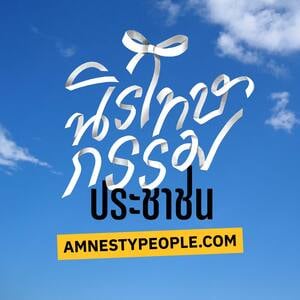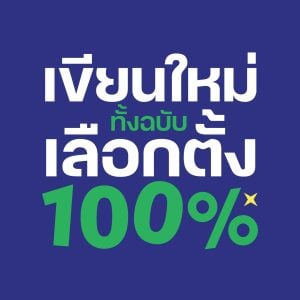Laws that involve controlling media authorise different government agencies to examine and issue media censorship orders. Each law mandates different levels of power to different agencies. This reflects variety in characteristics and sensitiveness among these media censorship authorities.

Broadcasting
Paragraph two of Article 37 of the Broadcasting Act 2008 reads,
“The licensee shall have a duty to examine and suspend broadcasting of programmes that fall into categories described in paragraph 1. Should the licensee fail to act on such duty, a member assigned by the Committee, either verbally or in writing, shall have the power to suspend the broadcasting immediately and the Committee shall conduct an investigation on the matter immediately.”
This means that the person responsible and accountable for content censorship is the licensee. Therefore, every station is required to have a personnel and a system that screen broadcasting content. The licensees themselves are regulated by the National Broadcasting and Telecommunications Commission (NBTC). In conclusion, actors in broadcasting censorship consist of self-regulating station owners and the state.
Publishing
Article 10 of the Publishing Act 2007 reads,
“Chief of police has the power to issue orders in the Government Gazette to forbid import of any publication that deems defamatory, insulting or threatening to the King, the Queen, the Heir-apparent or the Regent, or offensive against internal security, the public peace or morals. Term of the order may also be imposed.”
In other words, the import ban is based solely on the judgement of the police Commissioner-General.
Motion Pictures
The Film and Video Act 2008 requires every Thai and foreign film to be approved and rated by the Board of Film Classification which operated under the Ministry of Culture before screening. Paragraph two of Article 16 of the Act reads,
“The Board of Film Classification which has the power according to Article 18(1) shall be a committee of not more than nine experts in foreign policy, films, art, culture, journalism or environment, who are not involved in the film industry.”
Internet
Article 20 of the Computer Crime Act 2007 reads,
“If an offence under this Act is to disseminate computer data that might have an impact on the Kingdom’s security as stipulated in Division 2 type 1 or type 1/1 of the Criminal Code, or that it might be contradictory to the peace and concord or good morals of the people, the competent official appointed by the Minister may file a petition together with the evidence to a court with jurisdiction to restrain the dissemination of such computer data.”
This Act requires officials that have expertise in computer systems to file a request for website censorship, which permission from the ICT Minister, before the Court could issue a censorship warrant. In other words, personnels involved in website censorship are operational staffs, the executive branch of the government through the minister who grants permission, and the judicial branch through the court which ultimately issues an order.
RELATED POSTS
No related posts
















